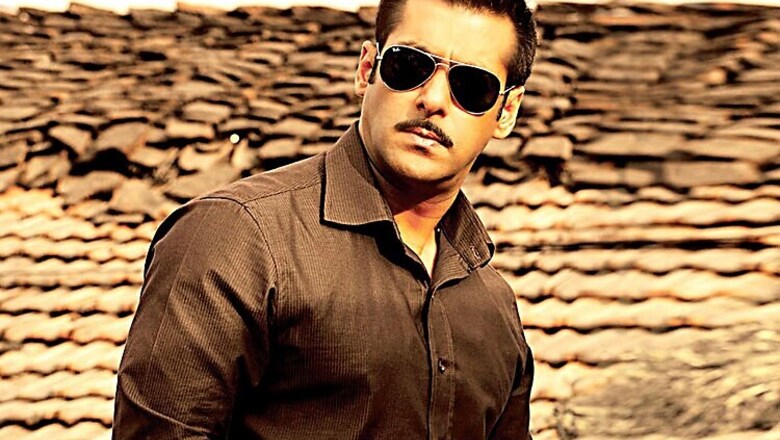
views
Actor Salman Khan has moved Supreme Court in the 2002 hit-and-run case. He has filed a caveat stating that no orders be passed in the case without hearing him.
A caveat is a legal notice to a court or public officer made by a party to suspend a certain proceeding until the notifier is given a hearing.
The Maharashtra government had moved the Supreme Court challenging the Bombay High Court's verdict acquitting the Bollywood in the case in which one person was killed and four others were injured.
The petition was filed in the apex court against the high court's judgement acquitting Salman of "all charges", overturning trial court's order sentencing him for five years.
The high court, in its verdict passed on December 10, 2015, had held that prosecution had failed to prove "beyond reasonable doubt" that the actor was driving the vehicle at the time of the accident and was drunk.
The high court had rejected as "wholly unreliable" the statement of eyewitness Ravindra Patil, former police bodyguard of Salman, recorded by a magistrate in which he had accused the actor of driving under the influence of liquor.
The judge had said that Patil was a "wholly unreliable" witness because he had subsequently made "improvements" in his statement to the magistrate.
On May 6, 2015 a sessions court had convicted Salman in the case in which one person was killed and four others were injured when his vehicle had crushed them when they were asleep on a pavement outside a laundry.




















Comments
0 comment